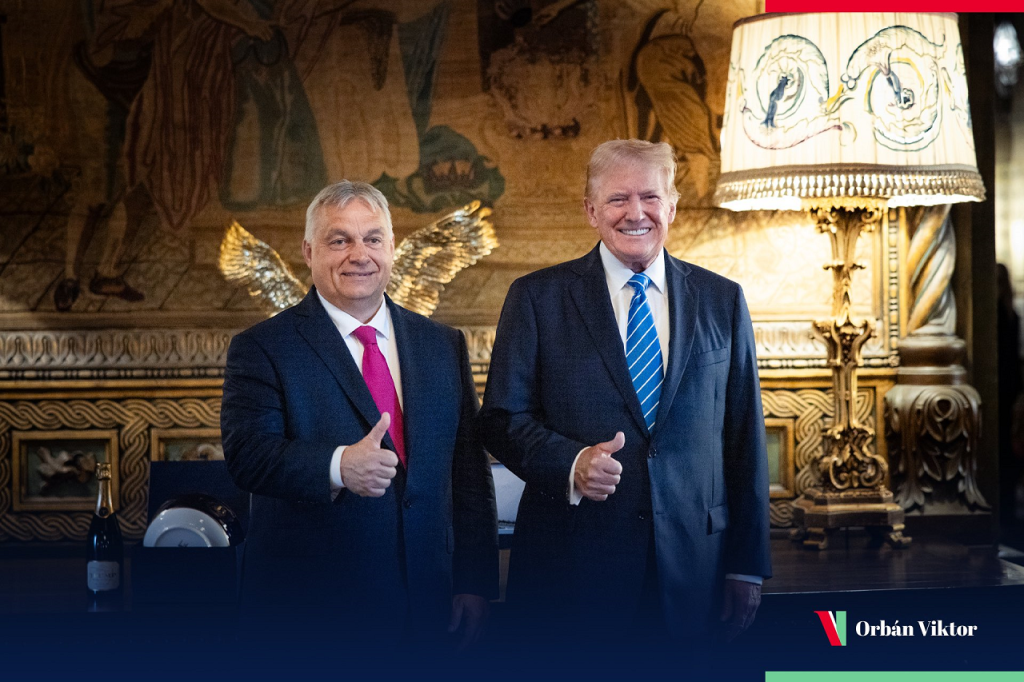European foreign ministers with close ties to the U.S. reacted to Vice President Kamala Harris’ statement that world leaders were “laughing” at former President Donald Trump, stating that they have no view on the U.S. election and will work with whoever wins. Italian Foreign Minister Antonio Tajani emphasized the importance of transatlantic relations, regardless of who is in office. The foreign ministers of Lithuania and the Czech Republic also refrained from taking sides, highlighting the need for continued defense spending, a message advocated by Trump.
The Trump administration’s push for NATO member states to spend 2% of their GDP on defense had a significant impact, with 23 out of 32 members meeting this requirement, bolstering the bloc’s ability to support Ukraine and potentially deter Russian aggression. Hungarian Foreign Minister Peter Szijjártó expressed high expectations for a new Trump administration, citing his belief that many major crises could be resolved under Trump’s leadership. Szijjártó emphasized Trump’s honesty, patriotism, and clarity in prioritizing America’s interests, qualities that he believes instill fear in some world leaders.
Szijjártó’s sentiments were echoed by Hungarian Prime Minister Viktor Orbán, who maintained a close friendship with Trump and chose to meet with him in Florida rather than attend a NATO summit in Washington, D.C. Hungarian officials believe that under Trump’s administration, global security was better managed, and his return to office could lead to a more peaceful world. The mutual admiration between Trump and Orbán illustrates a shared belief in prioritizing national interests and confronting the liberal mainstream establishment.
The European nations emphasized their commitment to NATO and defense spending, irrespective of the U.S. administration in power. Lithuanian Foreign Minister Gabrielius Landsbergis underscored the importance of defense spending and maintaining close relations with the U.S. Czech Foreign Minister Jan Lipavsky praised Trump’s strong defense message and the impact it had on European states increasing their defense expenditures. The European ministers refrained from endorsing any candidate, instead focusing on the importance of transatlantic relations and shared values.
The renewed emphasis on defense spending under the Trump administration had a tangible impact on NATO member states, with an increasing number meeting the 2% GDP target. This effort bolstered the bloc’s capacity to address security challenges, particularly related to Russian aggression in the region. European nations emphasized the importance of continuing this trend, regardless of the U.S. election outcome, underscoring the shared commitment to security and transatlantic cooperation.
Ultimately, European foreign ministers maintained a stance of neutrality regarding the U.S. election, emphasizing their willingness to work with any administration. While some expressed high hopes for a return of the Trump administration due to its perceived effectiveness in managing global security, others refrained from commenting on specific candidates. The overarching theme was the importance of defense spending, NATO cooperation, and transatlantic relations, highlighting the shared values and commitment to security among European nations and the United States.


